- Reflect on your experience in the course, your development of PLN, your use of social media platforms and networked publics, any changes in your perspective of social media in professional settings and personal use.
This course has taught me so many beneficial aspects towards PLN that have helped broaden my knowledge as a learner in my professional work life as well in my personal life, in so many ways.
Throughout this course I’ve learnt a stronger understanding of what it means to create and establish a PLN as well as to be a part of one. In today’s generation I believe Social media and various networks are such huge contributors to showcase what you have to offer and what you bring to the table. Social media allows companies as well as colleagues to have a better understanding of who they are hiring and what they have to offer.
Throughout my experience, I have developed a deeper understanding of how closely intertwined social media is with one’s personal identity. Every action taken on these platforms – from posting, commenting, sharing, and subscribing – can be traced back to the individual, with potential consequences that can be either beneficial or harmful. It is therefore important to exercise caution when curating an online presence, as everything shared on the internet ultimately reflects on the individual.
Personally I use Instagram as both a professional and fun platform, since joining this course I’ve certainly been more careful of who I interact with and how I do so. I’ve also been more careful of what I post knowing that what I post can reflect on how future or current employers view me. Recently I just started up a new instagram account that allows me to post my work and share my photography and video creations. This account has helped me network and connect with many like minded individuals in the industry.
Overall, my perspective on social media has evolved with the realization of its potential benefits in the professional world. While there are certainly drawbacks to social media use, I have come to appreciate its ability to expand one’s professional learning network and promote their work. Despite the potential risks associated with social media, I believe that its benefits in the professional world make it a valuable tool for individuals looking to advance their careers and build their professional networks.
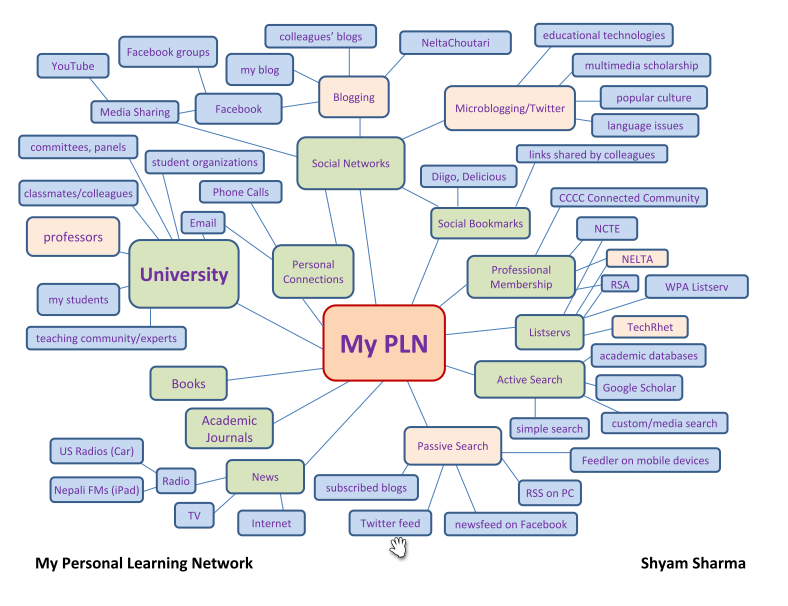
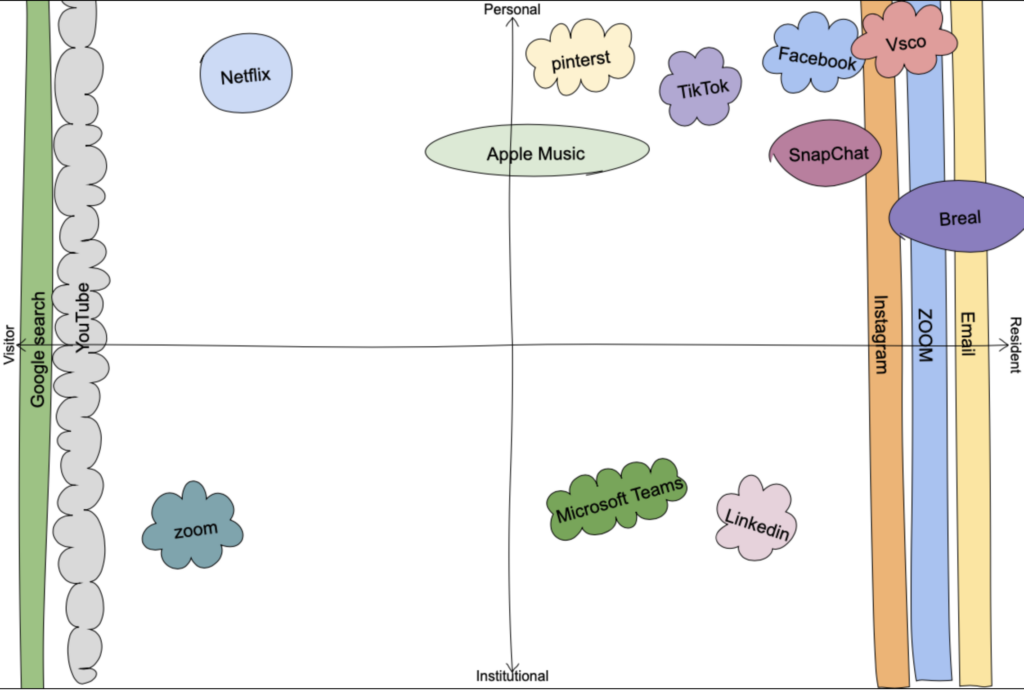
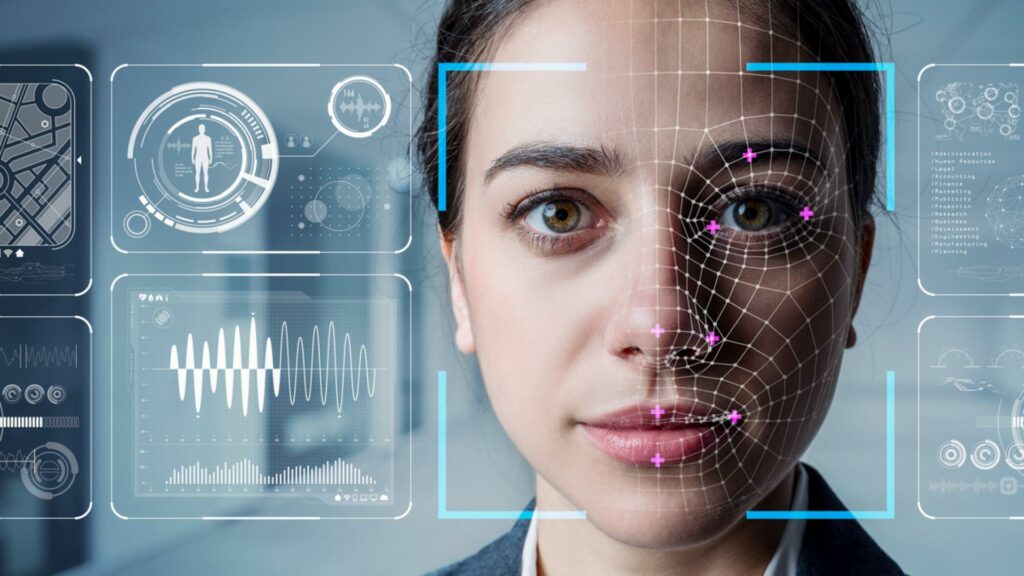
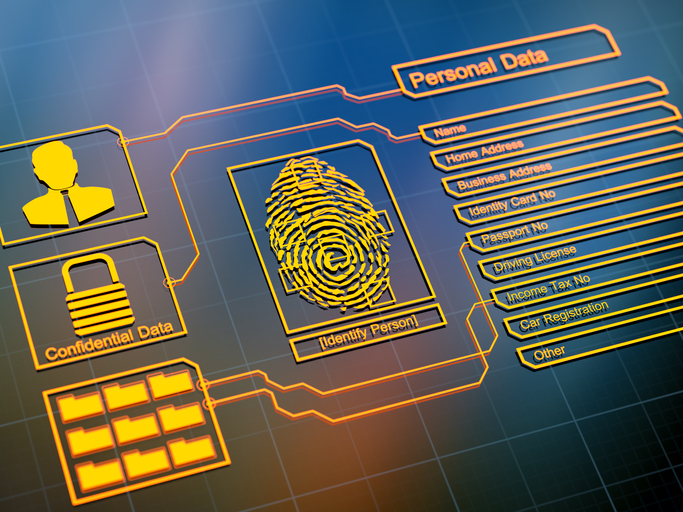
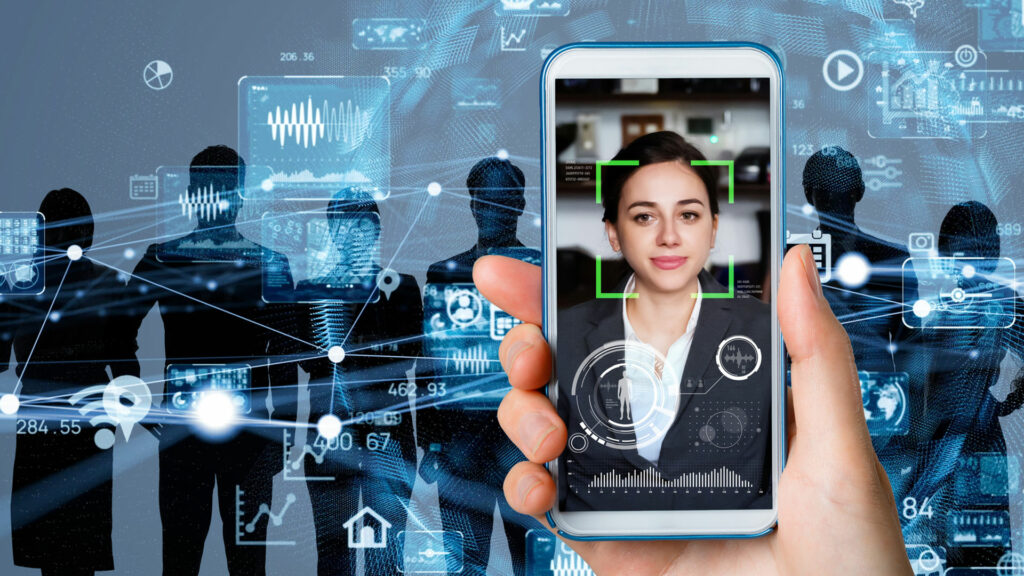
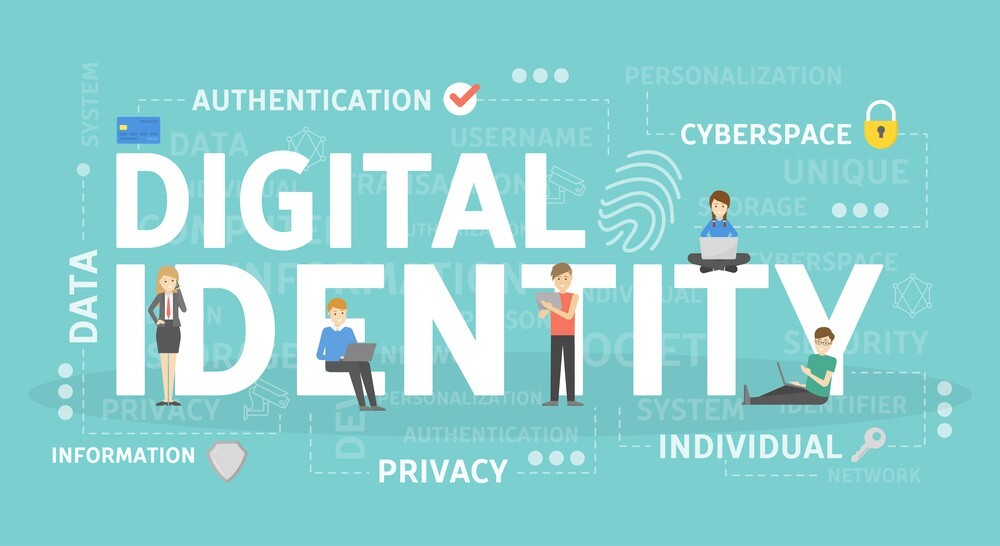
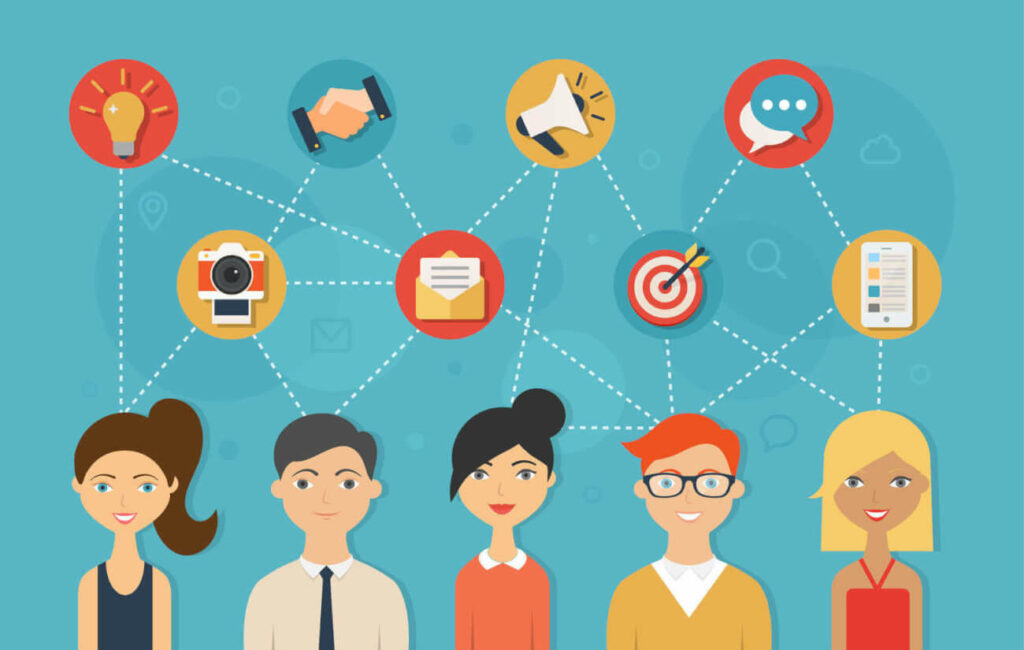
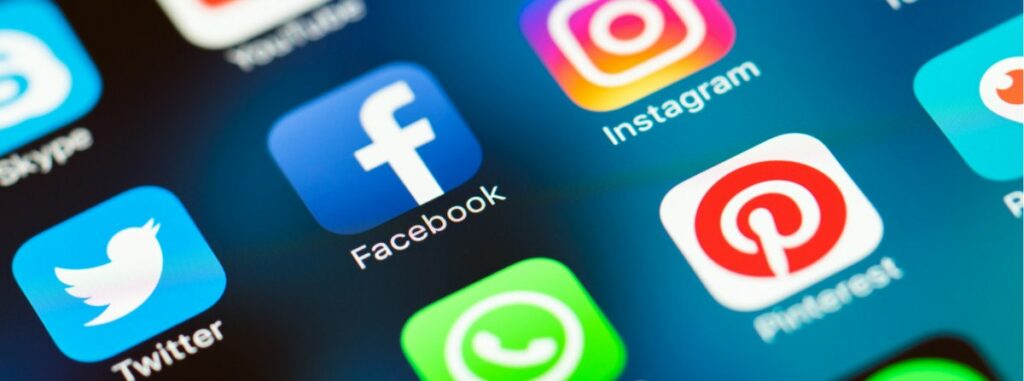

Recent Comments